Endocrinology and Hormones
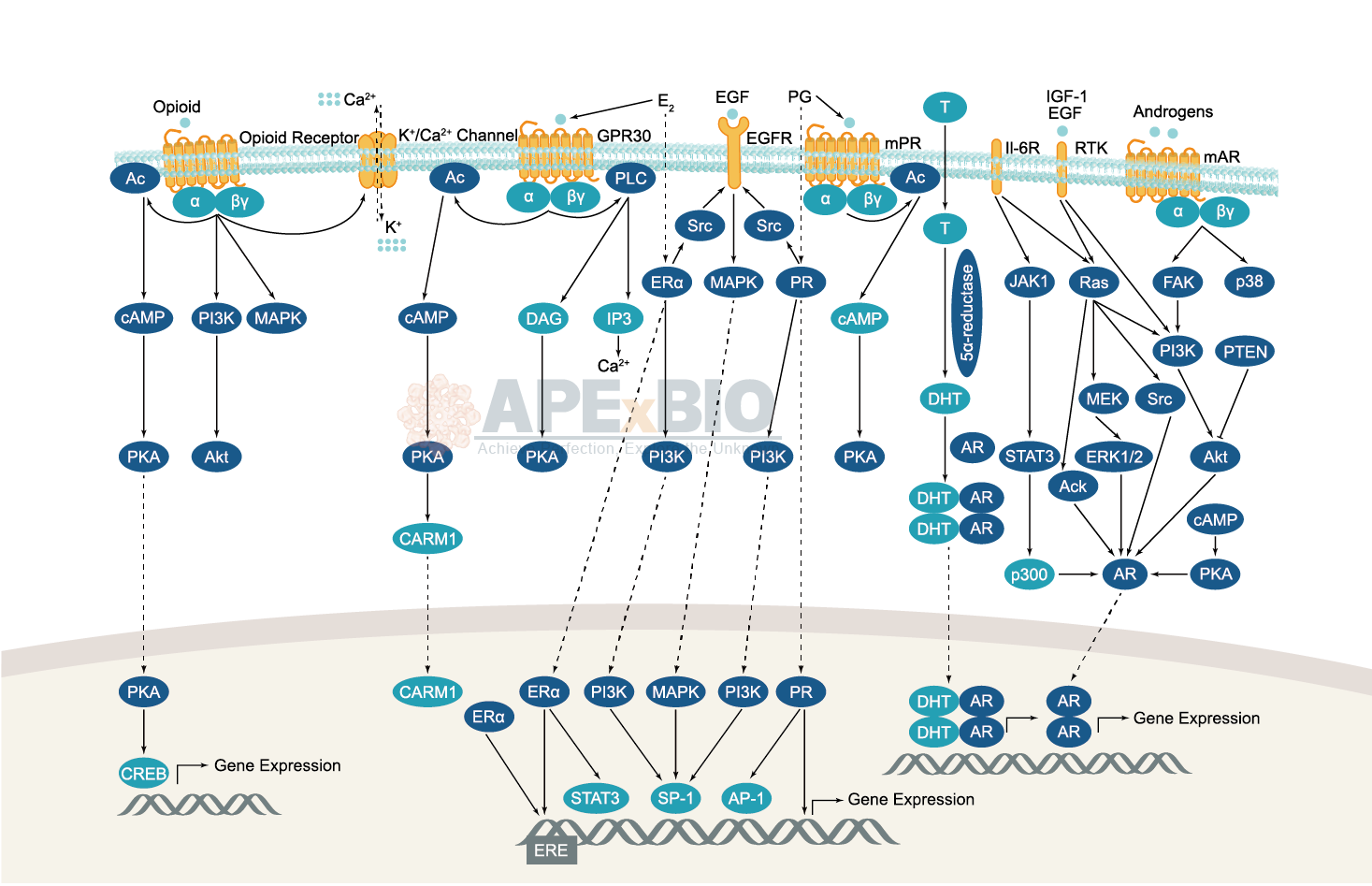

Endocrinology is the study of hormones, their receptors and intracellular signaling pathways, as well as the related diseases. The endocrine system functions can be broadly classified into several categories, including reproduction and sexual differentiation, development and growth, maintenance of the internal environment, and regulation of metabolism/nutrient supply.
There are three types of hormones based on their chemical composition: Amines (e.g. dopamine, adrenalin and noradrenalin); Steroids (e.g. estrogen, testosterone and glucocorticoids); Peptides (e.g. the peptide hormones insulin, ghrelin and vasopressin). Peptide hormones produced by secretory nervous tissue are known as neuropeptides. For example, thyroid hormone plays important parts in development, homeostasis and metabolism, while cortisol is essential for growth, nutrient supply and immune function. Moreover, the regulation of blood glucose involves several pancreatic peptide insulin and its counter regulatory hormone, glucagon, as well as cortisol, growth hormone and epinephrine.
Dysregulations in endocrine system are implicated in diseases such as Acromegaly, Cushing Syndrome, Diabetes, Dwarfism, Graves Disease, Hermaphroditism, Delayed and Precocious Puberty and Thyroid Diseases.
-
 B5455 G-113 CitationTarget: GPR30Summary: GPR30 agonist, potent and selective
B5455 G-113 CitationTarget: GPR30Summary: GPR30 agonist, potent and selective -
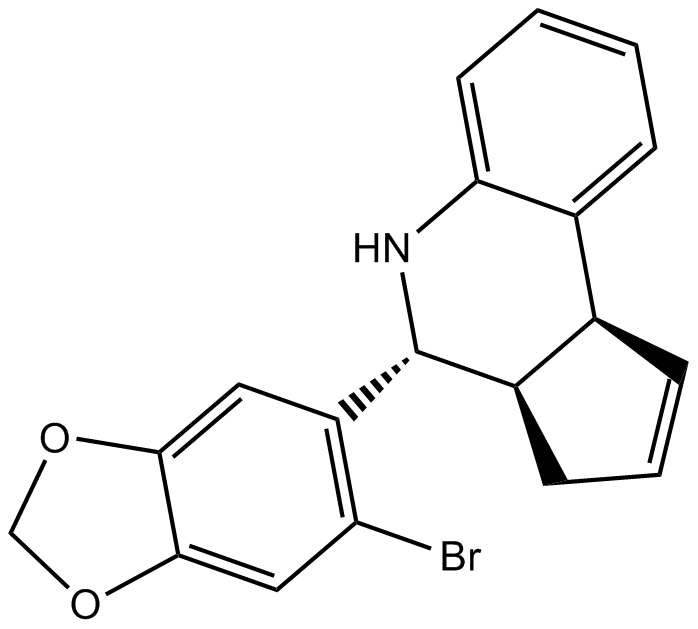 B5469 G-1517 CitationTarget: GPR30Summary: GPER receptor antagonist
B5469 G-1517 CitationTarget: GPR30Summary: GPER receptor antagonist -
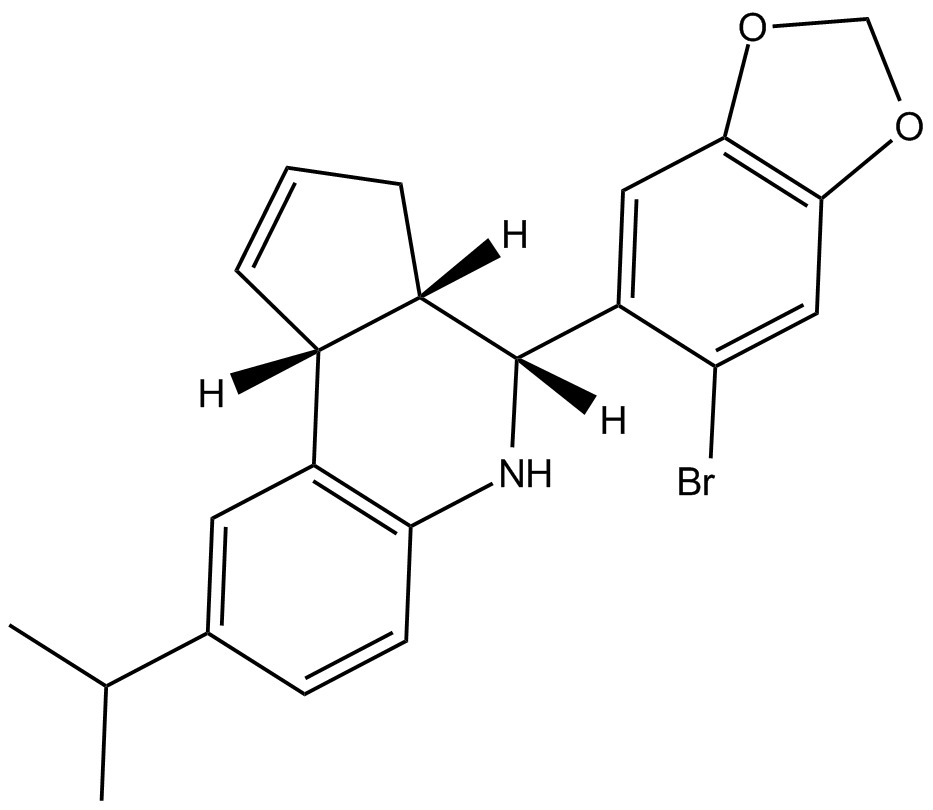 B5707 G-36Summary: G-36 is a selective GPER antagonist
B5707 G-36Summary: G-36 is a selective GPER antagonist -
 A1006 Angiotensin I (human, mouse, rat)Summary: Precursor of angiotensin II
A1006 Angiotensin I (human, mouse, rat)Summary: Precursor of angiotensin II -
 A1024 LEP (116-130) (mouse)Summary: An antiobesity hormone
A1024 LEP (116-130) (mouse)Summary: An antiobesity hormone -
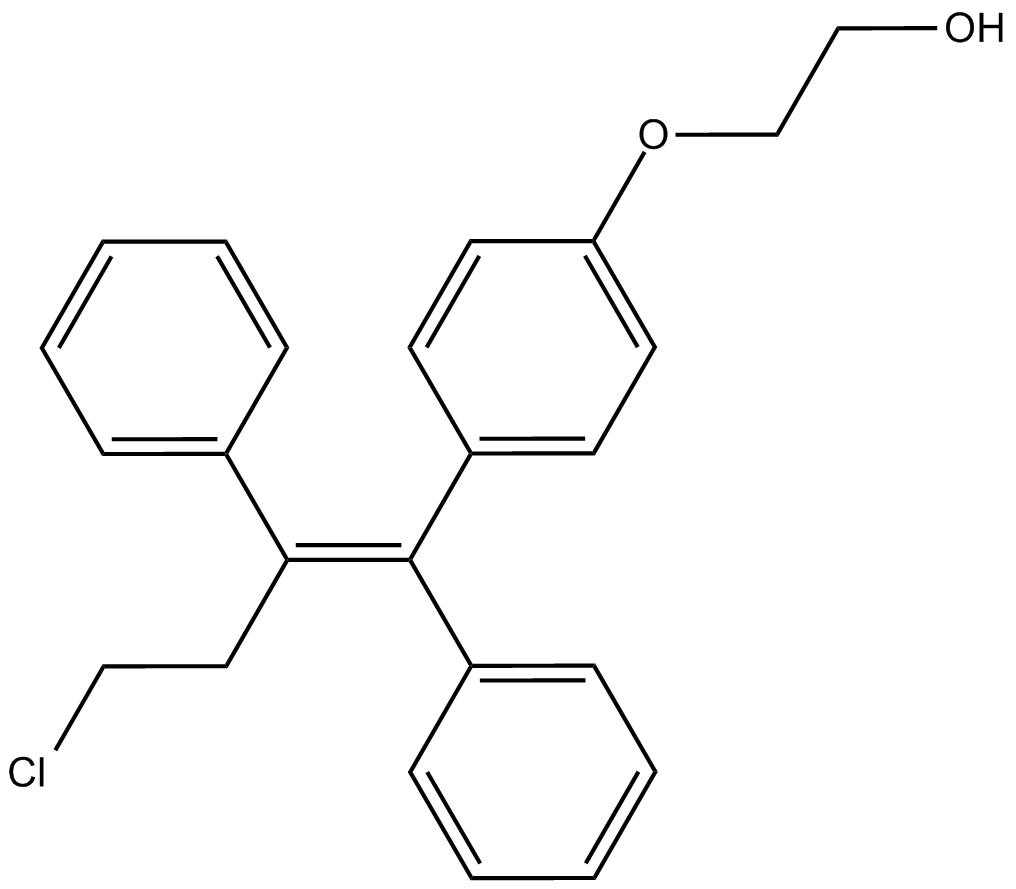 B4871 OspemifeneSummary: non-hormonal selective estrogen receptor modulator (SERM)
B4871 OspemifeneSummary: non-hormonal selective estrogen receptor modulator (SERM) -
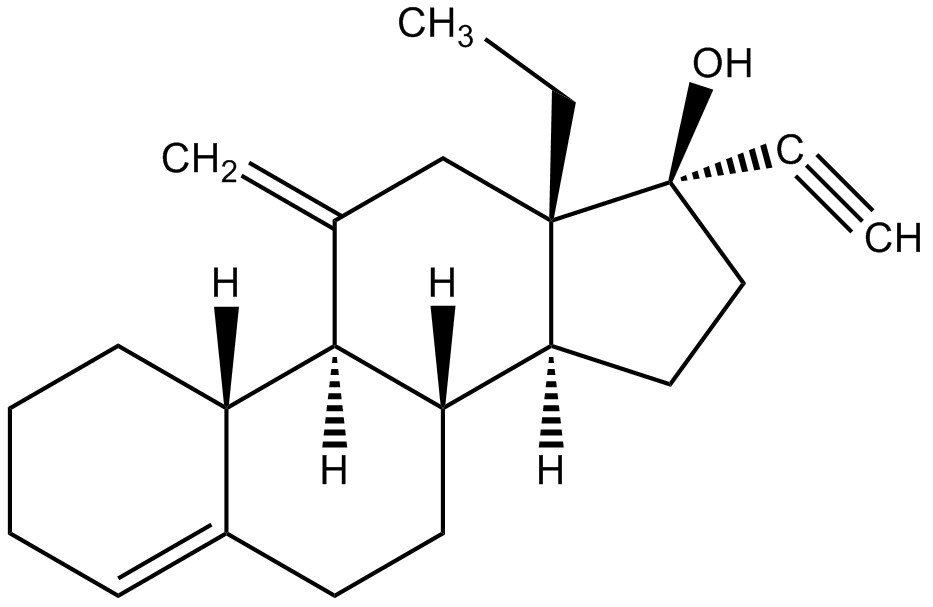 B4976 DesogestrelSummary: progestin used in hormonal contraceptives
B4976 DesogestrelSummary: progestin used in hormonal contraceptives -
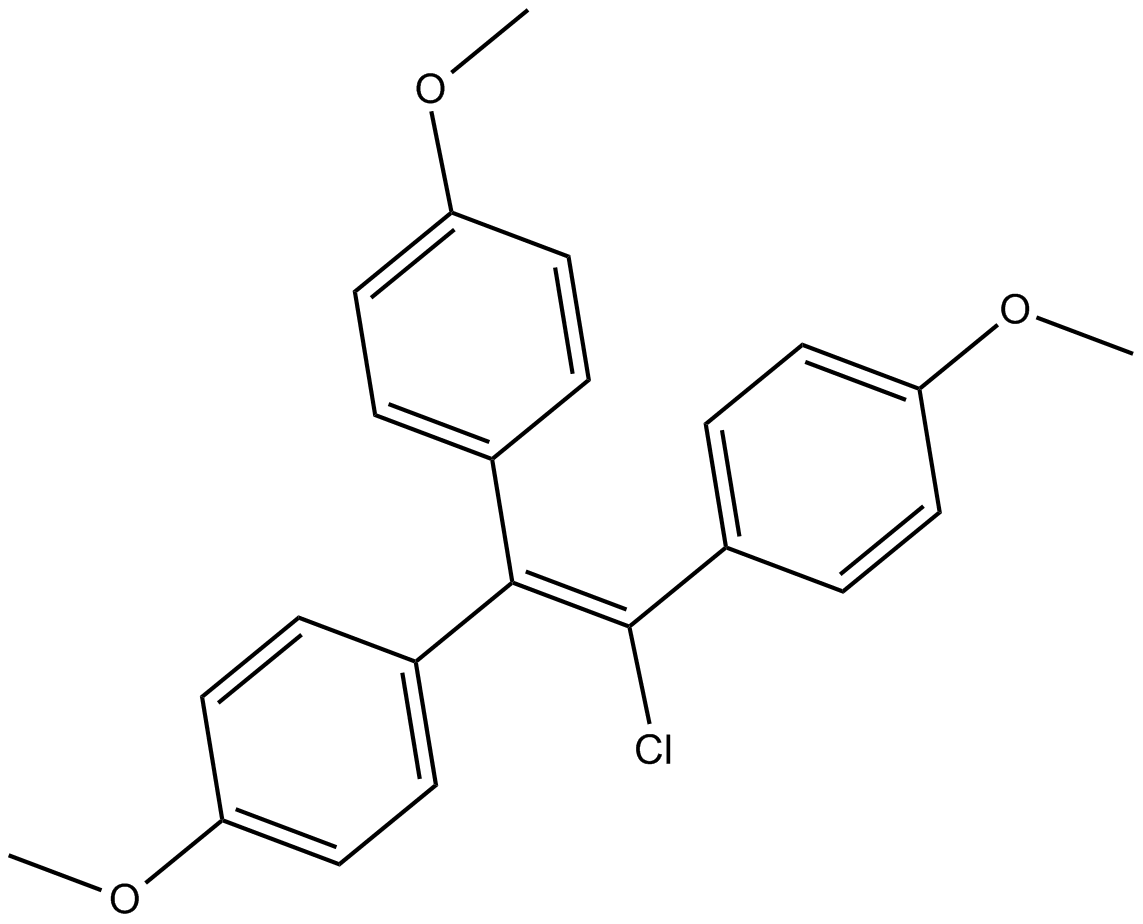 B5912 ChlorotrianiseneSummary: Estrogen agonist
B5912 ChlorotrianiseneSummary: Estrogen agonist -
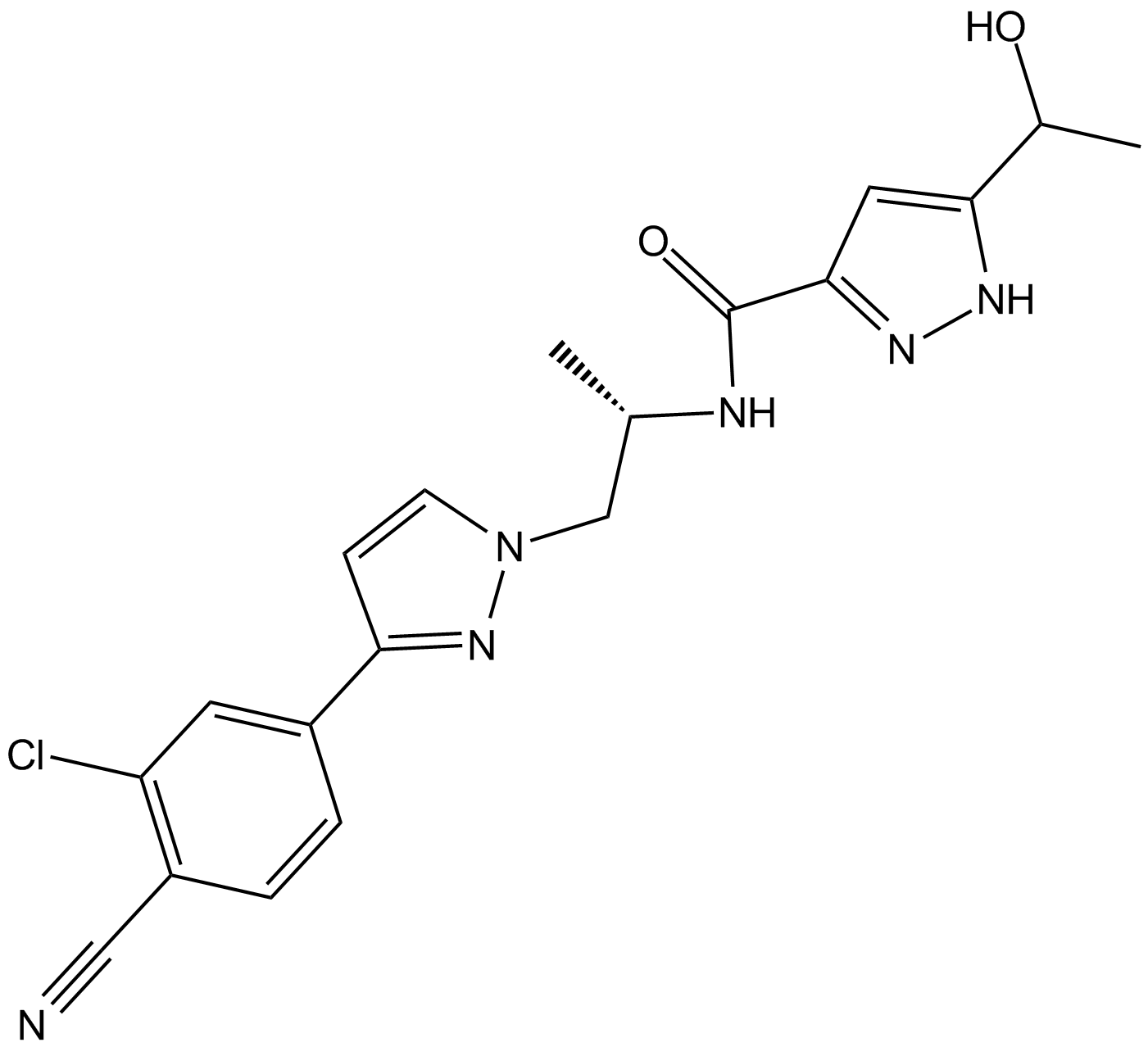 A8452 ODM-201Target: Androgen ReceptorsSummary: new-generation androgen receptor inhibitor
A8452 ODM-201Target: Androgen ReceptorsSummary: new-generation androgen receptor inhibitor -
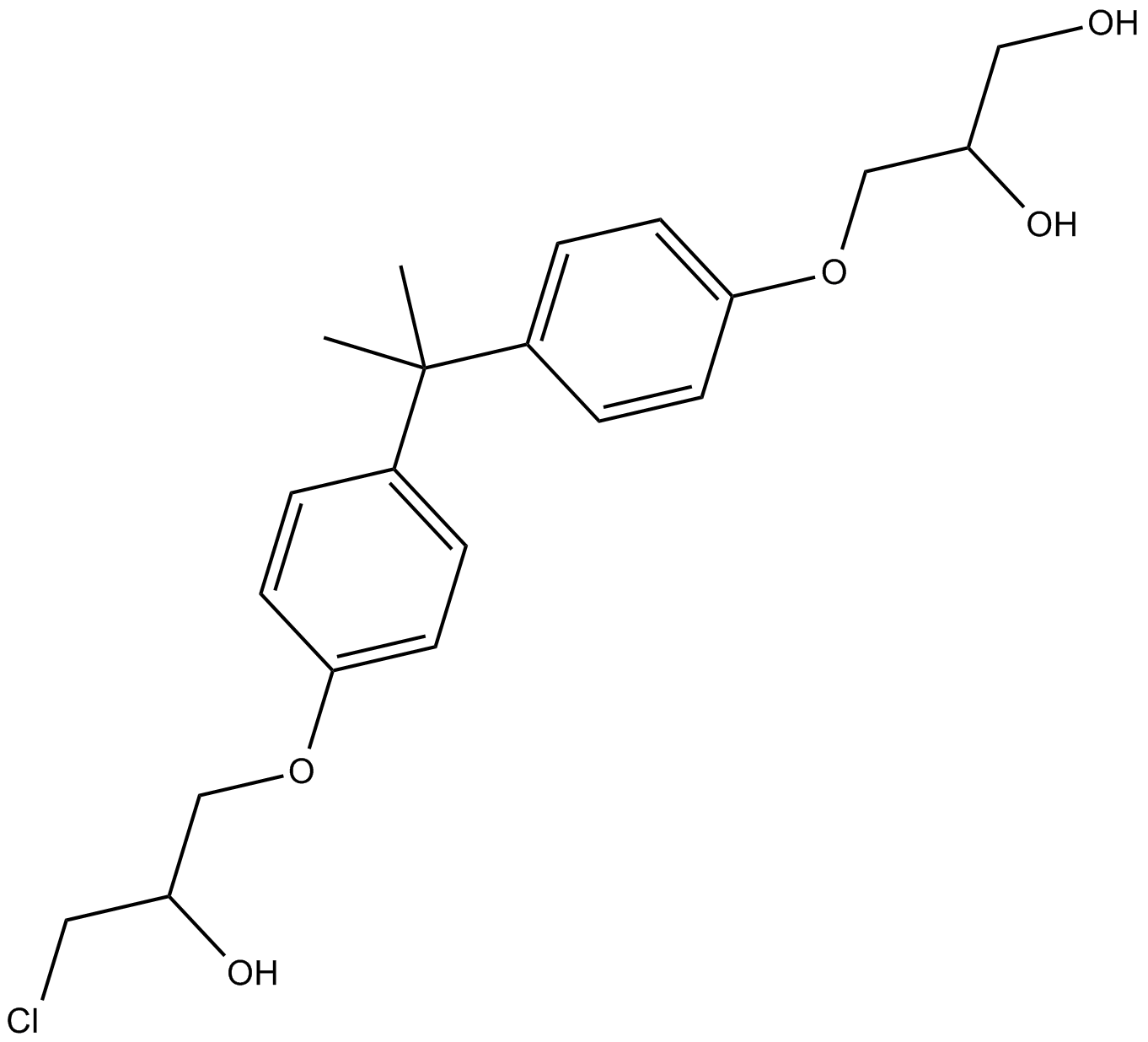 B6041 EPI-001Summary: AR antagonist
B6041 EPI-001Summary: AR antagonist


